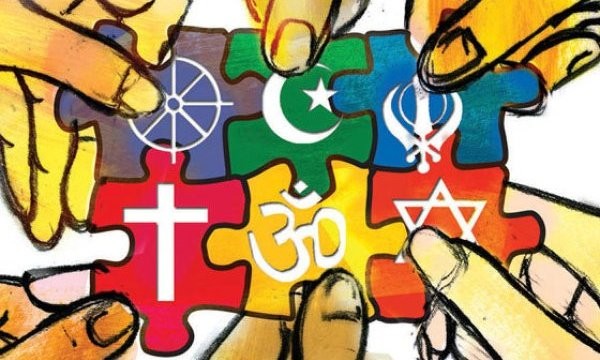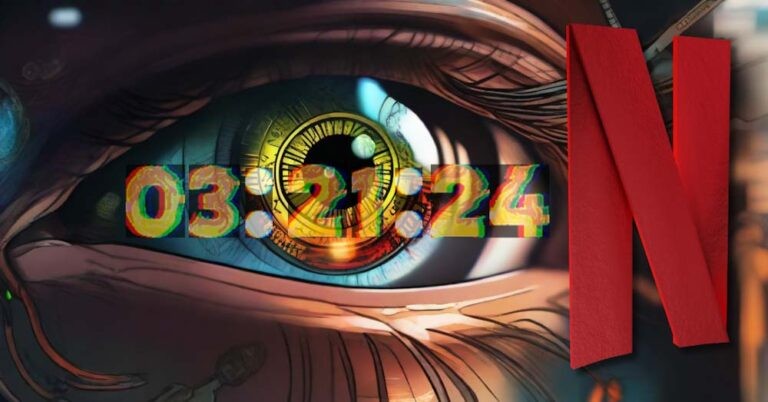
There is a great deal of discussion surrounding the topic of which religion, if any, is correct. While I do not have a definitive answer, I have a few ideas I’d like to share related to the topic of happiness discussed on this blog.
After all, science has long concluded that religion and spirituality are very important to us and by the mere fact that we are following one of these practices, we become, on average, happier, regardless of the beliefs we ultimately hold or which religion we support.
As such, personally, I was born into an atheist family and later decided to be agnostic. This decision was influenced by the fact that over 93% of the world’s population believes in some sort of spiritual practice. This made me question why I thought I knew better than the majority. Yet, religion confused me, especially regarding some questions I couldn’t answer:
- Which religion is correct?
- How do you know this for a fact?
- If you were born in a different family, country, or time period, would you hold the same beliefs?
The last question, in particular, made most sense to me because most religions have evolved over the years, especially in relation to scientific progress. Many religions did not exist 1000, 2000, or more years ago. Additionally, there are approximately 4200 religions in the world, of varying sizes, and no single religion has established itself as the dominant one globally. Therefore, it is difficult to determine definitively which religion is correct.
In this way, if something is believed to be right and wrong at the same time, it is likely somewhere in the middle. This suggests that the concept of an all-powerful God could be correct, but perhaps not exactly as we imagine it to be, as most people take it on faith to know the answer to this question.
Furthermore, it is possible that we are all praying to the same God but calling it by different names with different religions ultimately presenting their unique way to be more “spiritual,” at the same time offering similar benefits to practices such as prayer, attending religious services, and following spiritual values.
In the book The Power of Your Subconscious Mind by Joseph Murphy, Murphy talks about prayer’s power. The author proposes that prayer and unconditional belief that what we pray is perceived as an absolute command to our brains starts to solve the problem (the prayer) presented to it, subconsciously. Later we say that “it is a miracle” and that “God has provided”, while all along it was the subconscious mind that provided the solution. This idea strongly goes along with the concept described in the Low of Attraction that predisposes that we attract what we most desire in our lives, which is another reason we should not focus on the negatives in our lives.
Going to church is also a great activity. It connects us to like-minded people, to God, and creates a sense of connection whenever we are alone or not – “God is everywhere.” This is indeed a Social Proof concept discussed in the book Influence by Robert Cialdini. People are social creatures, and they need to be with other people (in the body or mind), feel like they belong, and be part of a social group. Church provides precisely that. In a society that is becoming more disconnected, believing in God creates a sense of meaning and belonging, so much missed by the majority of the population.
Moreover, religion teaches us certain values like not stealing, killing, overeating, and being generous to other people. All these virtues are proven to be beneficial to a human being. Even generosity, which can, at first sight, be seen as losing, benefits people on a chemical level, by releasing dopamine into our system that makes us feel good. Studies after studies confirm that giving to other people (without expecting nothing in return) makes people happier than the same situations where a person would keep his reaches to himself instead.
Lastly, religion is an institution. Almost like any other company, theology seeks to increase its level of influence. It fights over people’s limited resources such as time, money, and attention, creating a need to consciously decide how much of these resources we will dedicate to this institution. Moreover, there is completed within the industry for belief, which is unfortunately responsible for conflict, death, and division. We can say that it is other people who are responsible for these destructive behaviors. Still, we have to take responsibility for destruction created by institutions that we support, be that religious, political, consumption-driven institutions, or any other.














